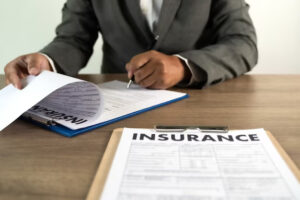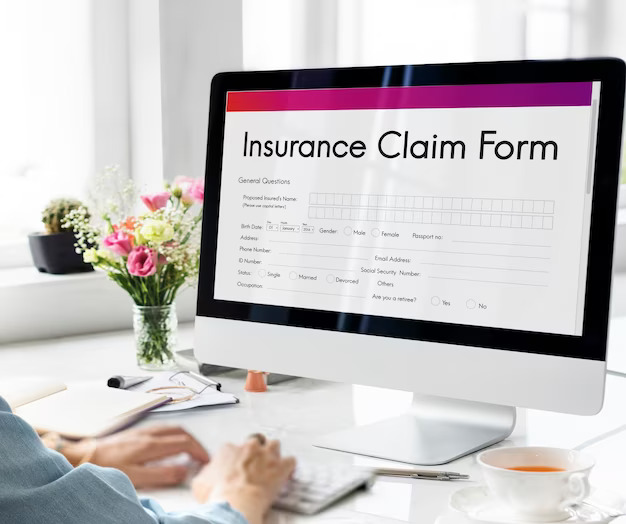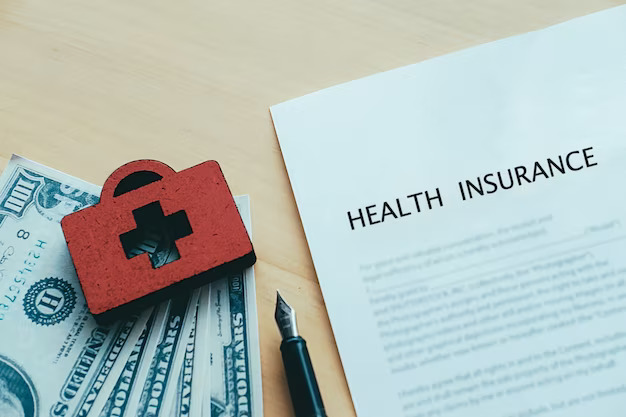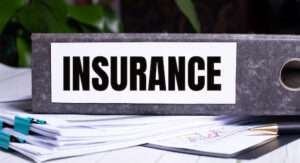Process for Insurance Claim After an Accident
In the event of an accident, our experts provide assistance in filing a police complaint and claiming accident insurance. We guide you through the process of filing a claim with your insurance company, notify the police about the incident, and assist in filing an FIR. Additionally, we help uncover any hidden clauses within your policy to ensure a comprehensive recovery for damages.
Essential Documents for Insurance Claim
- Policy Details
- Details of insured vehicle
- Details and specifications of accident
- Stating the extent of loss
- Registered contact no’s
- Driving License and RC
- Claim Intimation Form
How Y/our Lawyer helps in Insurance Claims?
Our consultant will discuss the issue over a 24X7 helpline .
Step 1
Our consultant will discuss the issue over a 24X7 helpline .
Step 1
A detailed analysis of your case will be done by an experienced lawyer.
Step 2
You will be able to track your case with a personal account
Step 3
Overview
Claiming insurance in the event of an accident involves requesting the insurance company to provide compensation or cover damages as per the terms of the insurance agreement. Typically, insurance claims are made by either directly claiming expenses for personal damages or seeking reimbursement.
If an individual sustains injuries or if the accident results in death, the affected person, their family member, or legal heir can directly claim damages from the insurance company. Alternatively, if the individual decides to cover their own medical expenses or repairs to the vehicle, they can still claim reimbursement from the insurance company for the incurred expenses. To initiate the insurance claim process, the policyholder must possess the necessary documents as required by the policy.

Meaning
An insurance claim refers to a formal request submitted by a policyholder to their insurance company, seeking compensation for damages resulting from accidents or unforeseen events.
Essential Requirements for Making an Insurance Claim After an Accident

When making an insurance claim after an accident, it is important for the individual who has suffered injuries or in the case of death, their legal heir or close relative, to submit the necessary documents for the claim. In addition to filling out the insurance claim form, the following documents are typically required:
- Copy of the insurance policy.
- First Information Report (FIR) filed with the police.
- Duly filled and signed claim form by the policyholder.
- Copy of the Registration Certificate (RC) attached with the form.
- Copy of the Driving License.
- Approximate estimated details of the repair expenses.
- Receipts for medical bills and expenses in case of injuries.
- Original bills or cash receipts for any other repairs.
These documents play a vital role in the insurance claim process after an accident.
Required Documents for Insurance Claim in Case of Death Resulting from an Accident
- Accidental death benefit claim form: Fill out the claim form completely, providing accurate information.
- Death certificate: Obtain an official death certificate issued by the relevant authority.
- Medical report: Submit a medical report that clearly states the cause of death as resulting from the accident.
- Written statement: Provide a detailed written statement describing the date, location, and circumstances of the accident.
- Copy of FIR: Include a copy of the First Information Report (FIR) filed with the police regarding the accident.
- Official documentation: Submit official documents that establish the insured family member’s status. For beneficiaries, provide proof of identity and evidence of their relationship with the insured member.
These documents are essential for processing an insurance claim in the event of a death caused by an accident.

Different Categories of Insurance Claims in Accident Insurance

When it comes to claiming insurance after an accident, policyholders have two options based on the circumstances of the case: third-party claims and own damage claims. The following paragraph outlines the steps involved in the insurance claim process following an accident.
Third-Party Claims in Accident Insurance
- A third-party claim refers to the ability of an individual to seek compensation from the owner of another vehicle involved in an accident, where the individual or their vehicle has suffered damage or injury due to the fault of the third party. This type of claim allows for reimbursement of medical expenses, compensation for injuries, vehicle damage, loss of earnings, and even compensation in case of a fatality. Conversely, if you are at fault in an accident or your vehicle causes damage to another party, your insurance policy may provide coverage for the damages, losses, or injuries inflicted upon the third party, subject to the terms and conditions outlined in your insurance policy.”

Own Damage Claims in Accident Insurance

An ‘own damage claim’ can be filed by an individual when their insured vehicle sustains loss or damage as a result of an accident. In such cases, the insurance company covers the expenses associated with repairing the vehicle and any related medical costs. To process the claim, the individual must provide appropriate documentation to verify the damages caused by the accident and fulfill the necessary requirements for claiming accident insurance.
Essential Considerations for Insurance Claims
Consider the following points while making an insurance claim:
Conduct a thorough assessment of your own well-being and the vehicle for any significant injuries or damage. Determine if medical assistance is necessary based on the extent of injuries sustained.
Ensure that you file the claim within the specified timeframe outlined by your insurance company, typically within 24 hours. Delay in claiming insurance may result in claim repudiation.
Take note of the vehicle number, model, and color if your vehicle has been involved in a collision with another vehicle.
If the damage incurred by your vehicle is minimal and only affects the vehicle itself, it may be preferable to avoid filing a claim.
Refrain from engaging in conflicts with any third party involved, as it can lead to unnecessary confusion and complications.
If you are uncertain about the subsequent steps, refrain from providing any statements to the police or insurance company. Seek the guidance of a legal professional for assistance.
Unless authorized by both the police and the insurance company, avoid moving the vehicle from the accident location.
